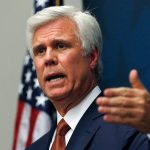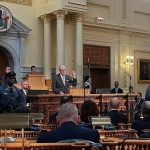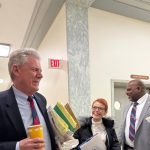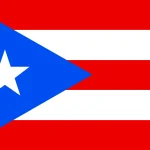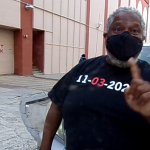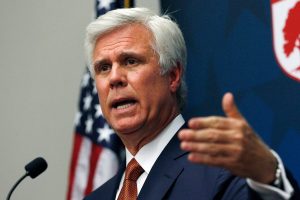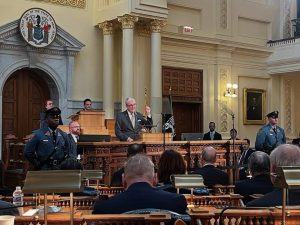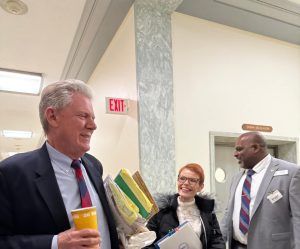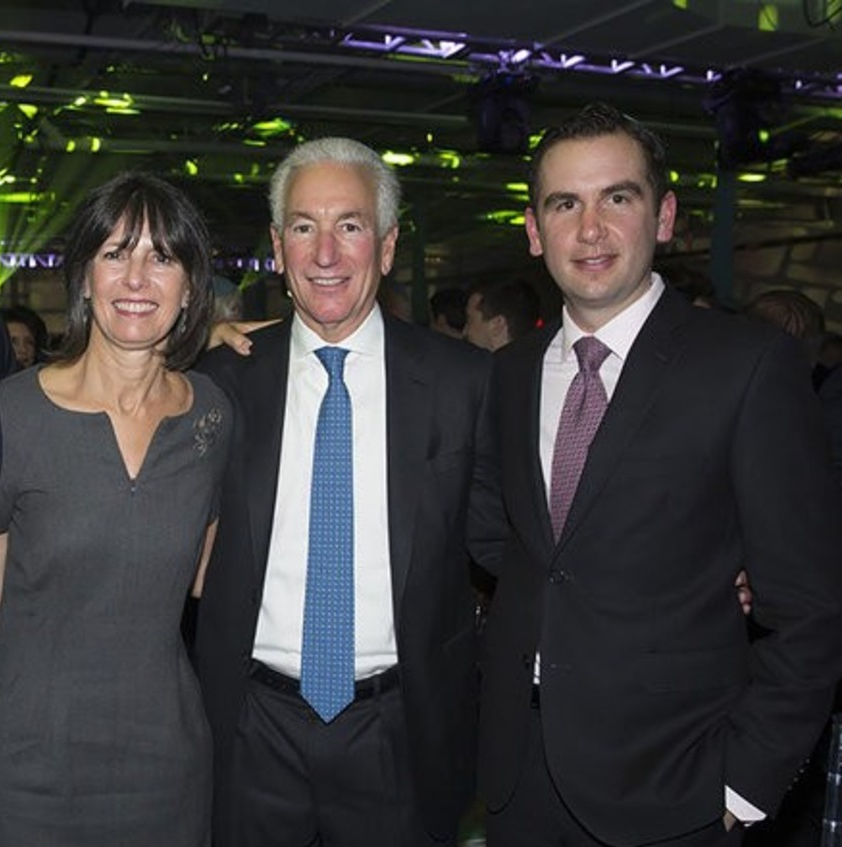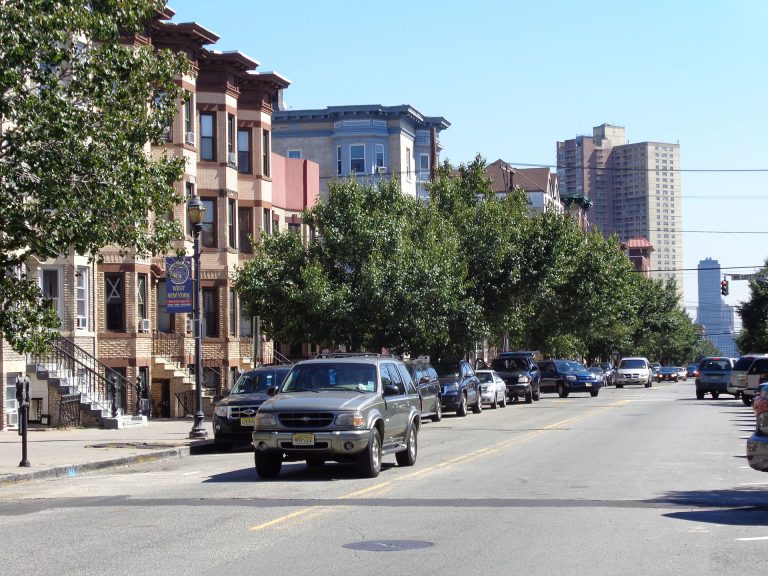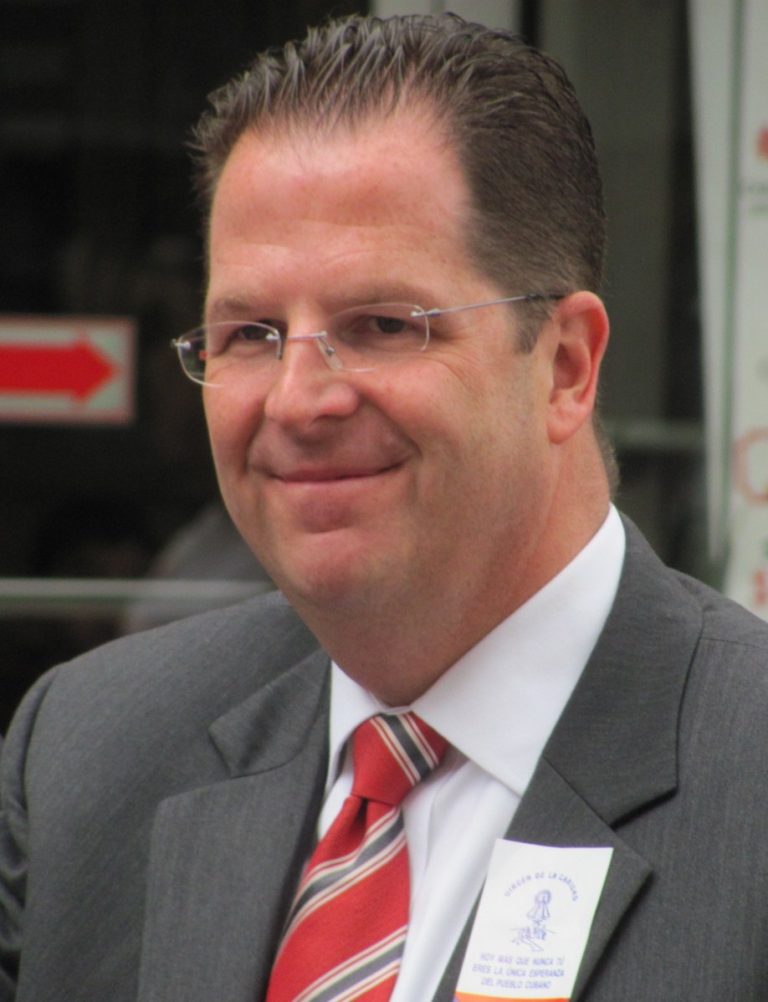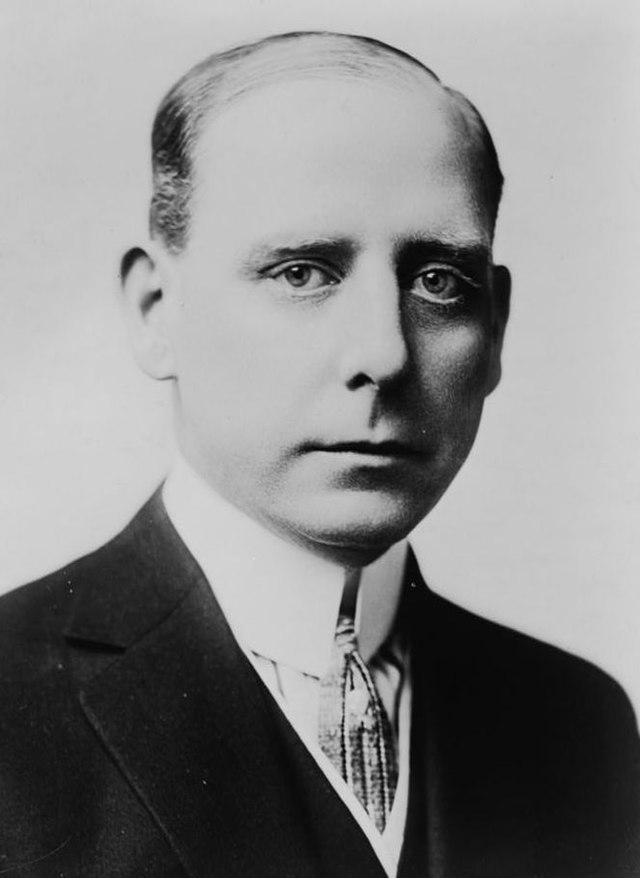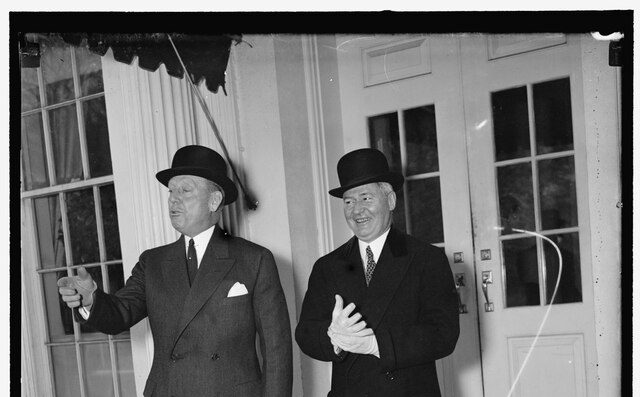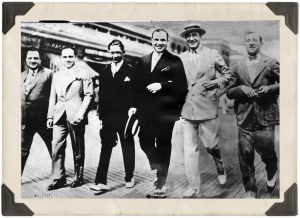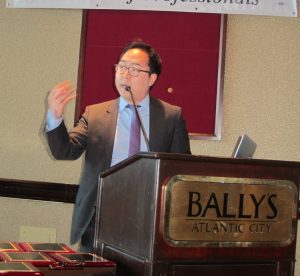Charles Kushner’s nomination as the next U.S. ambassador to France and Monaco is drawing fresh attention to his business dealings and political connections, particularly in Jersey City, where his family’s real estate ventures and ties to Mayor Steven Fulop have raised eyebrows for years.
Kushner Companies, a major player in Jersey City development, has invested heavily in Journal Square, seeking to transform the neighborhood into a hub of luxury living and culture. One of its most high-profile projects is the planned satellite of France’s government-owned Centre Pompidou museum, a venture that has sparked both excitement and criticism for the city’s financial commitments to the project.
Mayor Fulop’s relationship with the Kushner family came under the spotlight in 2016 when it was revealed that Charles and Jared Kushner, along with their partner KABR Group, contributed $100,000 to Progressive New Jersey Inc., a non-profit organization that later funneled $400,000 to Coalition for Progress, a super PAC tied to Fulop’s expected gubernatorial bid. This contribution came at a time when the Fulop administration was in talks with the Kushners over subsidies for their real estate developments.
The timing of these donations raised significant ethical concerns, particularly as city policies governing subsidies and tax abatements were under negotiation. Although Fulop’s campaign refunded the contribution amid mounting scrutiny, critics questioned the influence developers may have wielded in shaping the city’s financial commitments to projects involving the Kushners.
The Kushner family’s projects in Jersey City have not been without controversy. Critics have pointed to the city’s financial arrangements with Kushner Companies, including requests for subsidies that, while ultimately denied according to a city spokeswoman, highlighted the blurred lines between political fundraising and real estate negotiations.
For Fulop, the revelations about the donations and subsequent refund marked a turning point, with questions about transparency and accountability complicating his political rise. While Fulop denied any improper influence and emphasized adherence to city policy, the episode has lingered as a point of contention in discussions about the Kushners’ footprint in Jersey City.
As Kushner awaits Senate confirmation for the ambassadorial role, questions persist about how his deep ties to Jersey City could impact his suitability for the position. Would his business interests, particularly those involving French cultural institutions like the Centre Pompidou, pose a conflict of interest? And how might his relationship with Fulop and other political figures in New Jersey color perceptions of his diplomatic credentials?
For now, these questions remain unanswered. But as the nomination process unfolds, Charles Kushner’s Jersey City dealings are likely to take center stage once again, shining a spotlight on the intersection of politics, business, and public trust.
